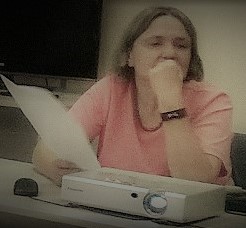A Publisher's Conversation with Authors: Should Authors of Multiple Books Publish Exclusively through One Publisher

(photo by Frank Perez) It is Tuesday. Time to tall turkey. Monday's madness is over, and Wednesday will take us over the hump, so Tuesday it is--for some serious discussion with authors. Tuesday talks mean to address authors in waiting and self-published authors who would like to go a more traditional route or who would at least like to take their steps with a publisher by their side. Today's topic addresses prolific authors as well as authors working on their second book. Who should publish subsequent books by an author -- the publisher of the first book or another publisher? This is not always a simple question, but there are simple ways to make a decision about where your next book gets submitted. Consider the following: What does your contract with your publisher say? Some publishers require authors give them the right of first refusal for any subsequent books. This is more especially true for novels than for nonfiction books. What your contract says you are beholden to d







